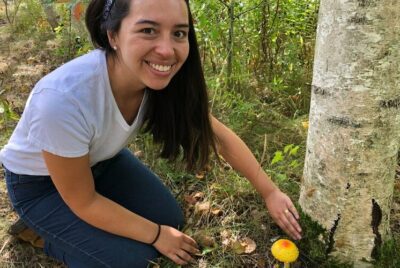RESEARCH
Changes in Experienced Value of Everyday Occupations After Nature-Based Vocational Rehabilitation
Summary
This study explored how a nature-based vocational rehabilitation (NBVR) program affected the value people placed on their daily activities. The program involved a 12-week rehabilitation in a specially designed garden for people with stress-related mental illnesses. Researchers collected data on the participants’ experiences with daily activities, their self-assessed competence, their health, and their sense of coherence before and after the program. They also conducted interviews after the intervention and tracked return-to-work rates a year later. The study found that participants experienced a significant increase in the perceived value of their daily activities and a reduction in symptoms of severe stress.
The study also found that returning to work and reducing stress symptoms were linked to the increased value placed on daily activities. Participants reported slowing down their pace of life and engaging more often in nature-related and creative activities. The researchers concluded that nature-based rehabilitation can lead to positive changes in how people value their everyday activities, which in turn contributes to improved health and well-being.







